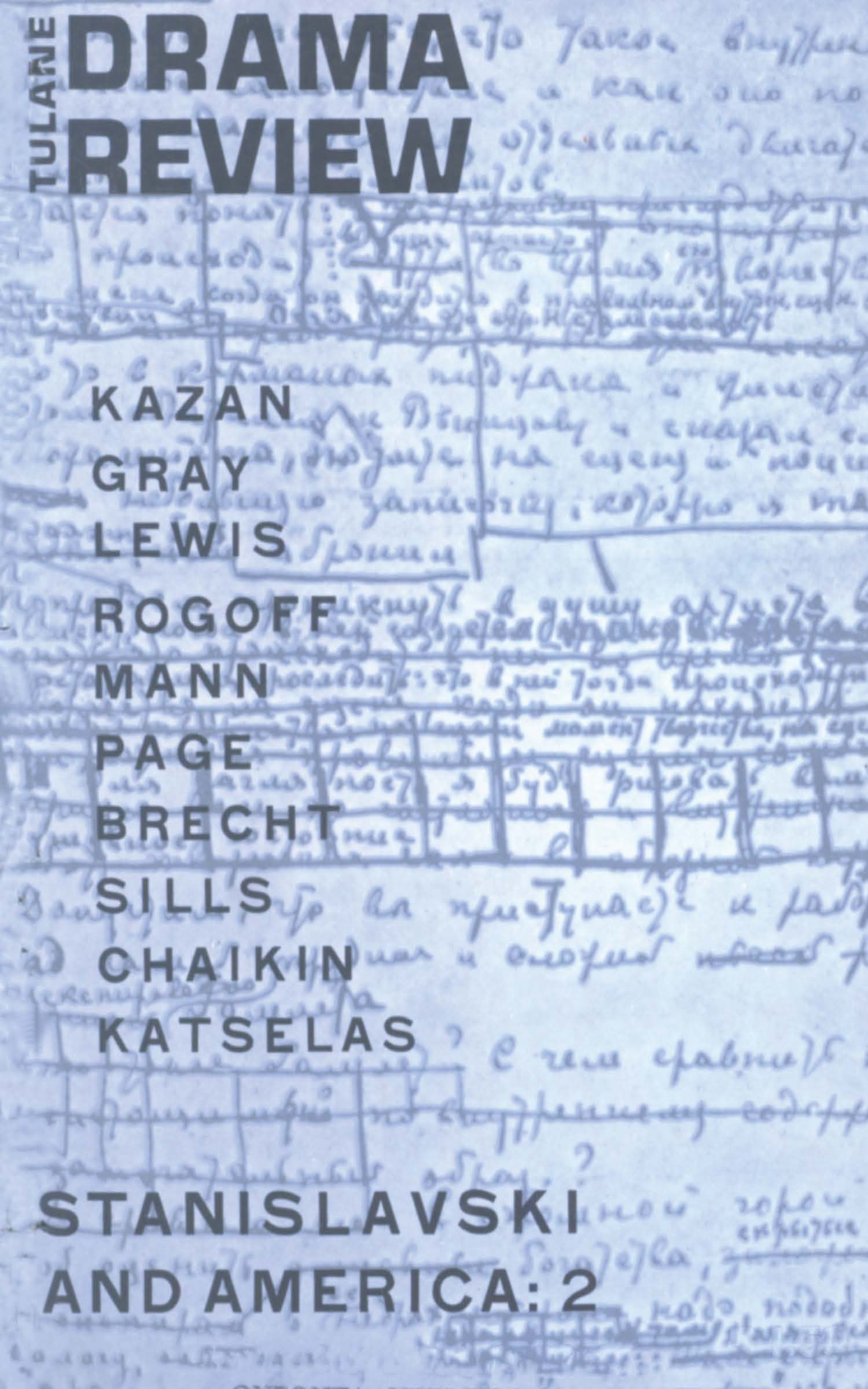No CrossRef data available.
Article contents
Ionesco and the Creative Dilemma
Published online by Cambridge University Press: 14 February 2022
Extract
One of the principal, and most persistent, sources of error that tends to bedevil a considerable proportion of contemporary literary analysis is the implicit assumption that the writer's creative process is a wholly conscious and purposive type of activity. Few critics stop to inquire into the psychological basis and the mechanism of the creative process itself; hence their tendency to approach a work of art in terms of the author's intentions. The excellence of a work can then be deduced from an examination of the intentions in the mind of the writer (whether they are relevant and important) and of the degree to which these intentions have been realized. And even if the complexity of the creative process is realized by a critic, once he has started to analyze, say, the imagery of a poem or play the effect on the reader will tend to be an impression that the given author deliberately chose the metaphors or images concerned rather than following a semiconscious urge to express his intuition in these, and no other, terms.
- Type
- Research Article
- Information
- Copyright
- Copyright © 1963 The Tulane Drama Review
References
1 Ionesco, Preface to Les Possédés, adapted for the stage by Akakia Viala and Nicolas Bataille (Paris: Editions Emile-Paul), 9-10.Google Scholar
2 Ionesco, Communication pour une réunion d'écrivains francais et allemands (“Message for the Assembly of French and German Writers”), 1961, in Notes et Contre-Notes (Paris: Gallimard), 125-126.Google Scholar
3 Ionesco, La Photo du Colonel (Paris: Gallimard).Google Scholar
4 Ibid., 133.
5 Ibid., 167.


